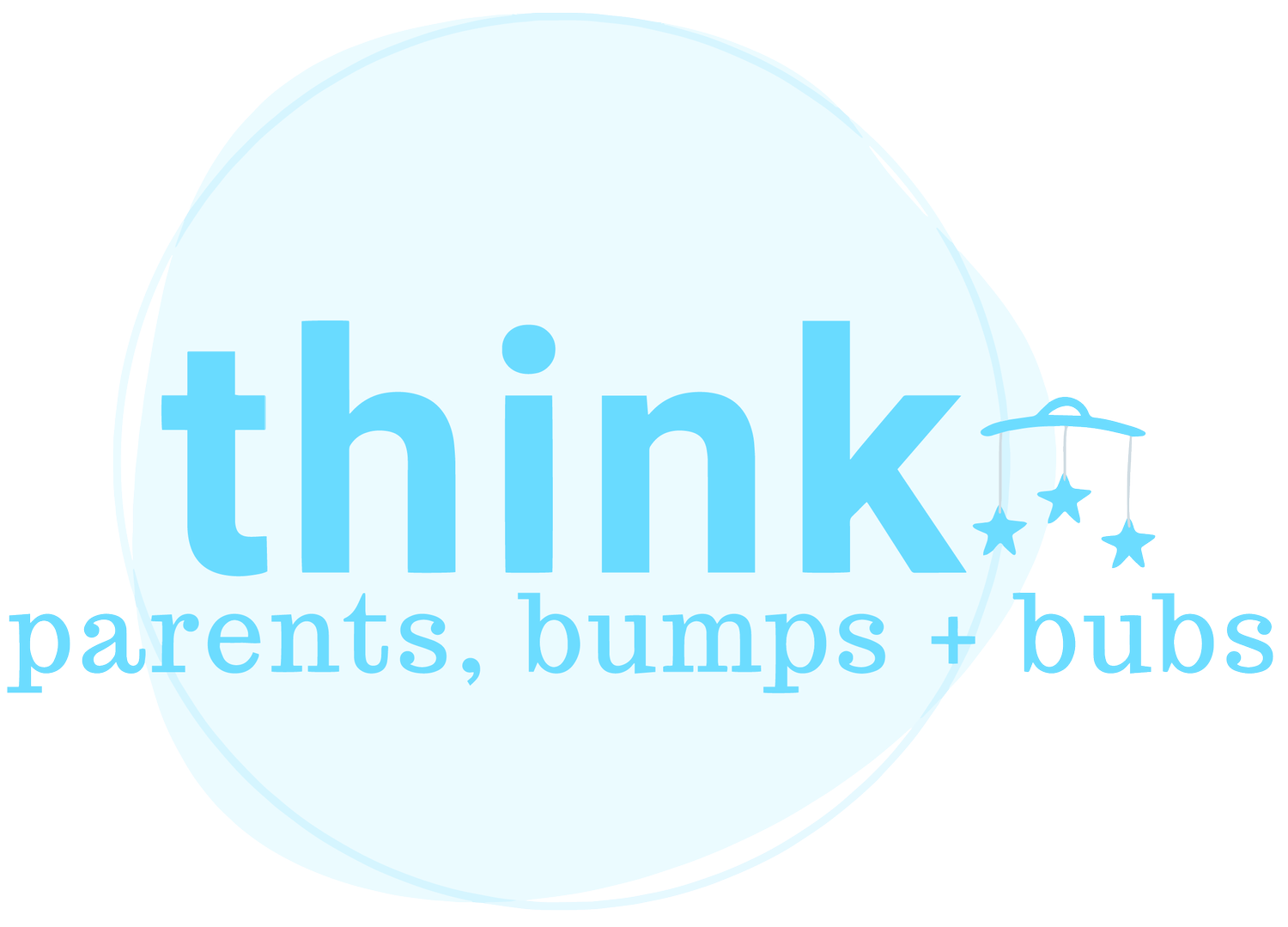Tips For Bonding With Bub
Tips For Bonding With Bub
Love at first sight, right? Not always. Take it from us, we hear about an absence of positive emotions towards new bubs as much as we hear about instant love and connection. If you’re looking at your newborn thinking “who are you, and why don’t I feel connected to you?”, we want you to know you are not alone - this is more common than you might think – it’s just that people don’t really talk about it.
The love will come in its own time, we can absolutely promise you that, so don’t feel like you need to rush it along. It can take days, weeks or months to feel bonded and there is no ‘normal’ when it comes to how long it takes, but if you want to give some things a go to see if you can feel more bonded with bub, try our top tips.
Mutual Gaze
Looking into your baby’s eyes might sound silly, but what goes on in both of your brains and bodies when you do is pretty spectacular. Countless pathways in you and your baby’s brains are activated during eye contact, and all in a positive way. Can you believe when you look into each others eyes your brainwaves, emotions and heart rates synchronise? Not to mention, it releases dopamine, oxytocin and endorphins – the perfect recipe for some feelings of love!
Bub needs to be in the right state to try this one out, so when they seem to be alert, calm, and available to seek out communication, give it a go. If bub turns away, let them come back to your gaze in their own time, and watch how you begin to mirror each other as you connect in the most magical way. If they don’t seem interested, maybe it’s not the right time. Offer them something else to do and try again later.
Speaking For The Baby
Speaking for the baby is where a parent says what they think their baby might say if they could talk, using first person. It can help us to get to know and understand our babies and helps with accurately reading their cues. Say your baby is happily laying on their back, reaching up at their mobile when they suddenly start to make some whinging sounds. You might speak for your baby in this moment and say “Mum, I’m starting to get a little hungry and I want you to feed me”. When you read their cue right, you’ll feel like a super-mum/dad and start to get the sense that you’re doing this together, which will lead to a stronger bond. After all, you’re bonding with someone who doesn’t yet speak your language, and you’re learning a new one – theirs. It’s also a helpful way to manage the negative thoughts that creep in like, “ugh you were just happy, why are you getting upset again?!”. You won’t always get it right, that’s to be expected when getting to know anyone new, but the more you do it the better you’ll get.
Baby Massage
Touch is one of the primary ways that babies communicate, and because they can’t speak yet, it sort of acts as their language. In the first few months of life, our bubs actually attach to us through their senses. Babies need to be touched by their caregivers to feel bonded to them, reassured by them, and soothed by them. Studies show that when baby monkeys are given the option of physical comfort or food, they pick the physical comfort and go hungry – it really is a basic need – and massage is a great way to explore this sense with your bub.
Massage can benefit parents, too. Oxytocin - the ‘love’ hormone – is released during pleasurable touch. This means that massaging your baby will literally create those feelings of love towards them. It also provides a wonderful opportunity to closely observe and respond to their cues, have prolonged mutual eye gaze, and enjoy mindful time together… the bonding trifecta! You may even find that it calms bubs nervous system, making them calmer and happier for a few hours afterwards. Win win! There are plenty of infant massage classes around, but some moisturiser or oil at home will also do the trick.
Our experienced team can discuss your concerns - contact us to learn more.

